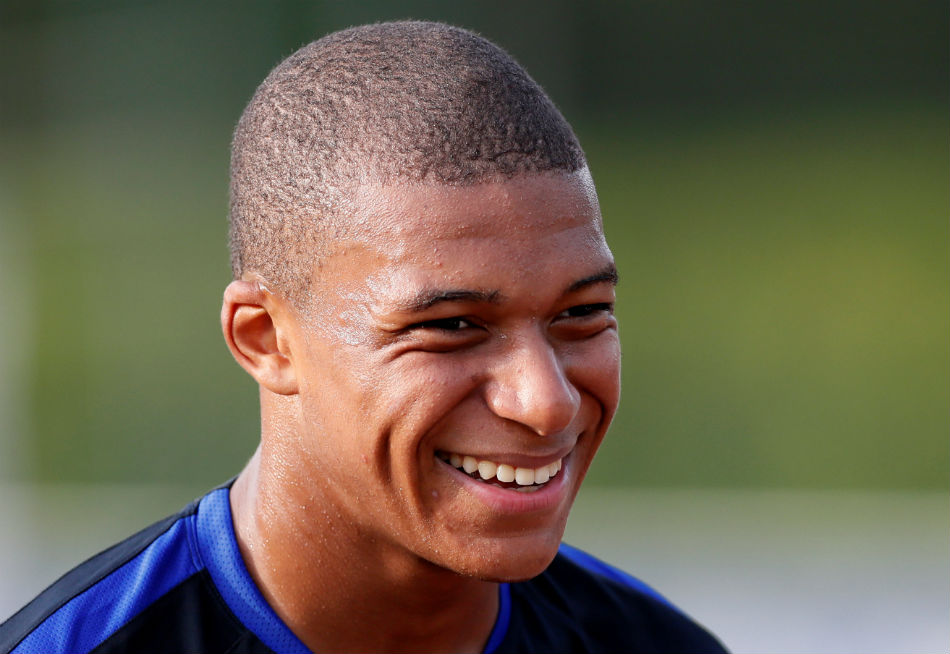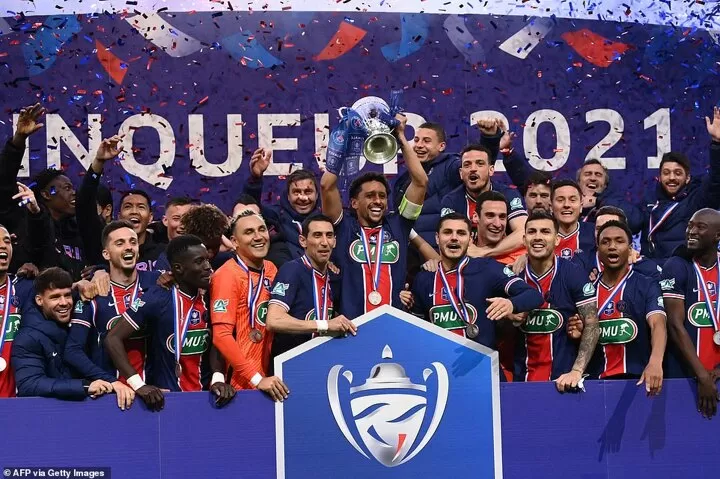
Paris Saint-Germain (PSG), the club synonymous with opulence and ambition, continues to assert its dominance in Ligue 1 while striving for elusive European glory. The financial clout of PSG, underpinned by Qatari ownership, has reshaped the football landscape, yet their continental triumphs remain scarce. Despite spending €2.18 billion since the Qatari Sports Investments (QSI) acquisition in 2011, PSG's sole UEFA Champions League final appearance in 2020 underscores the paradox of their success.

Financial Dominance and Domestic Supremacy
PSG's domestic reign is unchallenged; the club is on course for a fourth consecutive Ligue 1 title, bolstered by the brilliance of Ousmane Dembélé. The French forward, currently the league's top scorer with 20 goals, has been pivotal in PSG's campaign, recently scoring twice in a decisive 3-1 victory over Rennes. This win extended their lead at the top of the table to 16 points, a testament to their superiority within France.
Luis Enrique, PSG's current manager, has tailored a squad that blends youth and experience, with players like Gonçalo Ramos finding the net consistently. Enrique's tactical acumen is evident as PSG boasts a fluid attacking style, maximizing their possession-based football, which was showcased in their recent Champions League bout against Liverpool. Despite the setback of a 0-1 loss to Liverpool, PSG's dominance in possession and pass accuracy highlighted their strategic prowess.
European Aspirations: A Tactical Analysis
PSG's European journey reflects a complex narrative of ambition and pressure. The club's investment in marquee players like Lionel Messi, Neymar, and Kylian Mbappé has set high expectations. However, translating financial investment into European success involves more than assembling a roster of superstars. It's about harnessing the tactical synergy and mental fortitude required in the high-stakes landscape of the UEFA Champions League.
The recent tactical analysis of their clash with Liverpool reveals PSG's reliance on high possession (70%) and passing accuracy (88%), emphasizing their control-oriented approach. Yet, their inability to convert this dominance into goals poses questions about their killer instinct in crucial moments.
Enrique acknowledged the challenge, stating, "Liverpool's intensity is formidable, and we must elevate our execution in critical phases to succeed in Europe." His sentiments reflect the broader challenge facing PSG: balancing star power with strategic cohesion to conquer the continent.
The Role of Financial Muscle
PSG's financial might affords them the luxury of depth and versatility. Their bench strength is enviable, with players capable of altering the course of games. However, this financial freedom also brings scrutiny and pressure. Clubs across Europe, particularly in the Premier League, are wary of PSG's spending power, which has reshaped transfer market dynamics.
Yet, financial prowess alone cannot guarantee success. PSG's journey is a case study in the complexities of modern football, where tactical innovation and psychological resilience are as crucial as financial investment. The club's focus on nurturing talent, exemplified by their investment in youth academies and scouting networks, is an attempt to create a sustainable model that goes beyond mere financial outlay.
Looking Ahead: Challenges and Opportunities
As PSG prepares for future European campaigns, the strategic focus must encompass not only tactical refinement but also psychological fortitude. The club's ability to adapt to varying styles of play and overcome the mental barriers in high-pressure games will be pivotal. The integration of young talents like Warren Zaire-Emery and Xavi Simons into the first team signals a potential shift towards a more balanced approach that could yield long-term rewards.
Moreover, the upcoming fixtures, including the Coupe de France semi-final against Dunkerque, offer PSG opportunities to test their depth and resilience. Success in domestic cup competitions could serve as a springboard for their European aspirations, providing the confidence and momentum needed for continental challenges.
Conclusion
PSG's narrative is one of ambition, marked by a relentless pursuit of excellence both domestically and in Europe. Their financial power has redefined the boundaries of club football, yet the ultimate goal remains unfulfilled. As they continue to dominate Ligue 1, the quest for European glory persists, fueled by the promise of tactical evolution and strategic depth. The upcoming seasons will determine whether PSG can indeed translate their financial dominance into the continental success that has so far eluded them.